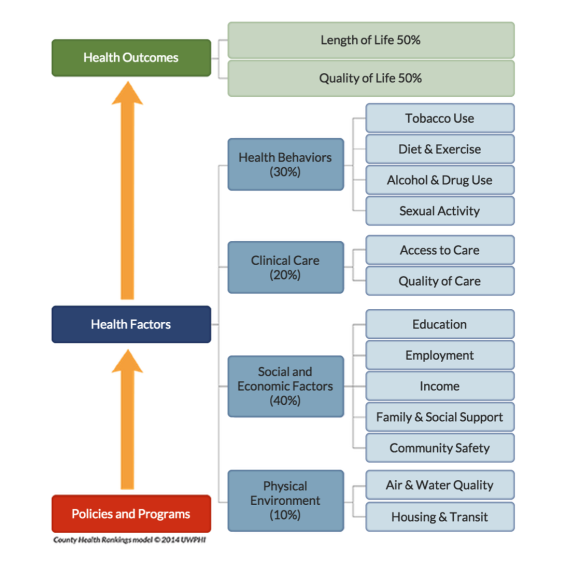Tag: narrative
Food and long life
 There is so much in the news about food that it is hard to know what to eat. But there is reason to believe that food can play an important role in health. I’ve written about the connection between food and inflammation, the effect of food on the bacteria in the gut, how food can influence the course of a disease and the importance of telling stories about food.
There is so much in the news about food that it is hard to know what to eat. But there is reason to believe that food can play an important role in health. I’ve written about the connection between food and inflammation, the effect of food on the bacteria in the gut, how food can influence the course of a disease and the importance of telling stories about food.
Recent scientific papers in medical journals have suggested that spicy food is associated with a lower risk of death and that a Southern diet is associated with a greater risk of heart disease and stroke.
However, scientific studies about diet are difficult to interpret because they often depend on people keeping track of what they eat. It is also hard to know if other factors are influencing the results, which is why both of these studies can only conclude an “association” between the particular diet and the outcome and not a “cause”.
Using art to heal
 Because Health is Life, our lifestyles are just as important to our health as going to the doctor or taking our medicines. In a paper published June 30, 2015 in the Annals of Internal Medicine, a study looking at survey data found that half the heart disease deaths in the US from 2009-2010 were caused by 5 factors all of which can be modified through healthy behavior: smoking, obesity, high cholesterol, diabetes and high blood pressure. But many of these behaviors are difficult to change and are influenced by our families, our culture and our community.
Because Health is Life, our lifestyles are just as important to our health as going to the doctor or taking our medicines. In a paper published June 30, 2015 in the Annals of Internal Medicine, a study looking at survey data found that half the heart disease deaths in the US from 2009-2010 were caused by 5 factors all of which can be modified through healthy behavior: smoking, obesity, high cholesterol, diabetes and high blood pressure. But many of these behaviors are difficult to change and are influenced by our families, our culture and our community.
This picture shows that clinical care by doctors and hospitals accounts for only about 20% of health outcomes. The picture comes from a project called County Health Rankings developed by the University of Wisconsin Population Health Institute (and supported by the Robert Wood Johnson Foundation) that looks at health by county in the US. Addressing factors like cigarette smoking, income, education, employment, housing and clear air can help make communities healthier places to live.
We need to find ways to build healthier communities and the arts may be one way to accomplish this.
Listen up
 Like millions of other people, I became hooked on “Serial”, the 12 episode podcast series that launched in late 2014 investigating the murder of a teenage girl in Baltimore in 1999 (that included phone conversations from prison with her personable ex-boyfriend who was convicted of the crime).
Like millions of other people, I became hooked on “Serial”, the 12 episode podcast series that launched in late 2014 investigating the murder of a teenage girl in Baltimore in 1999 (that included phone conversations from prison with her personable ex-boyfriend who was convicted of the crime).
I don’t listen to a lot of podcasts but this was different. It was chatty, used a lot of personal stories and was the perfect thing to listen to while driving, walking or cooking. And I couldn’t wait for the next episode (nor could my 84-year-old mother or my 20-something daughters). Devoting over 10 hours to the program was not only easy but enjoyable. In the process we listeners also learned stuff – about the workings of the legal system, the nature of truth, the problems with first-hand accounts, the limitations of memory and much more.
It was like nothing I had ever experienced before and got me thinking about how we could use a similar strategy in healthcare.